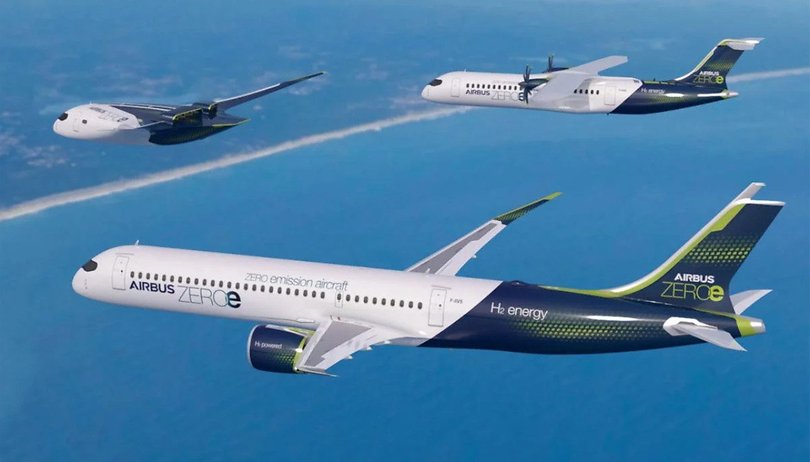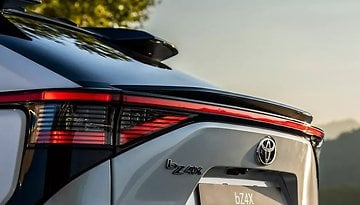Global Infrastructure Gaps Force Airbus to Delay Hydrogen Aircraft


Airbus initially set ambitious plans for hydrogen propulsion, targeting a market launch for a new aircraft designed for conventional scheduled operations as early as 2035. However, the manufacturer is now recalibrating its strategy, as progress in ancillary developments has not kept pace.
Mitigating the climate crisis necessitates a substantial reduction in CO₂ emissions. Although renewable energy sources are progressively dominating the electricity mix and eco-friendly heating systems are rapidly proliferating in new constructions, the transportation sector—especially aviation—continues to lag behind.
While electrification on the roads is advancing incrementally, achieving climate-neutral air travel remains a distant goal. Despite the unveiling of prototype battery-electric aircraft and the pilot production of CO₂-neutral fuels, Airbus is tempering near-term expectations for a sustainable overhaul of aviation, as reported by the Financial Times.
Infrastructure Limitations for Hydrogen Aircraft
Airbus remains committed to developing a hydrogen-powered aircraft, yet it has abandoned its original timeline. The initial target of introducing a hydrogen-fueled model by 2035 has now been deferred, with a market debut unlikely before 2050.
Notably, these delays do not stem from technical challenges related to the development of hydrogen drives—Airbus engineers have been actively exploring multiple hydrogen-based concepts since 2020.
Instead, the setback is primarily due to an underestimation of the efforts required to establish the global infrastructure essential for operating these next-generation aircraft. Standardized protocols for production, delivery, and regulatory compliance need to be developed and adopted worldwide before hydrogen aviation can become viable.
Shifting Focus: From Hydrogen to Alternative Fuels
In response, Airbus is decelerating its hydrogen initiatives, reducing its development budget by 25 percent and scrapping plans to retrofit an A380 as a testbed for hydrogen-based fuel cells.
Airbus is not alone in reassessing hydrogen’s potential in aviation. Earlier estimates from 2021 projected that hydrogen fuel could facilitate a 20 percent reduction in CO₂ emissions by 2050.
However, revised forecasts now limit this benefit to approximately 6 percent. Consequently, alternative feedstocks are emerging as pivotal components of future aviation fuel strategies. Renewable sources—such as biofuels derived from crops, recycled used cooking oil, and other waste residues—are anticipated to deliver up to a 70 percent reduction in CO₂ emissions compared to conventional kerosene.
In summary, while hydrogen remains a promising avenue for sustainable aviation, significant infrastructure and regulatory challenges, coupled with revised environmental impact estimates, are prompting Airbus and the industry at large to diversify their approach toward decarbonizing air travel.













